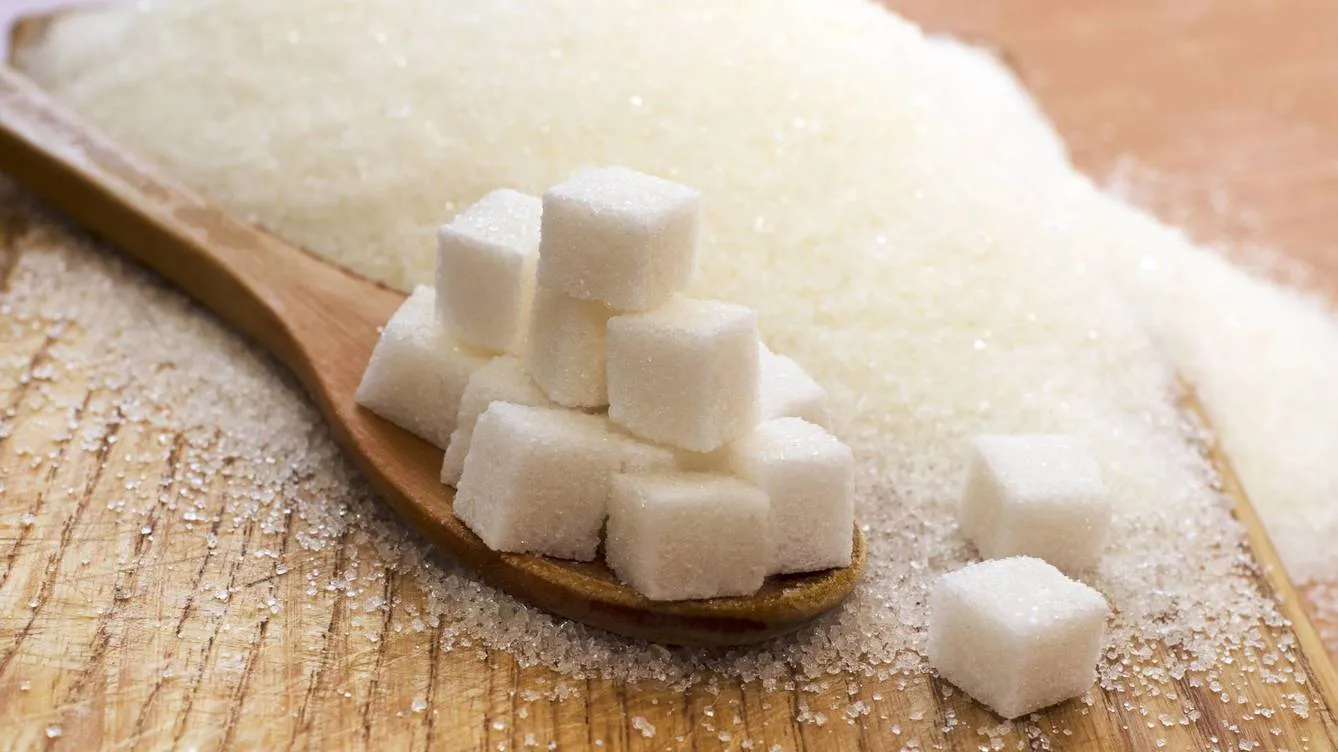Insulin resistance is the reason for type 2 diabetes. Although the pancreas segregue, the organism needs more to process sugars, to such an extent that it is insufficient in people who develop the disease.
What is not so clear is why this resistance occurs.It is known that obesity, smoking and lack of exercise increase the probability of developing it.DNA has the key, as there is a genetic predisposition.
As Eduard Montanya, director of the Biomedical Research Center for Diabetes and Associated Metabolic Diseases, explains, people who have fully competent beta cells, even in cases of sedentary lifestyle and obesity, will never suffer diabetes.A study published in Cell Reports suggests that the NAT2 gene can be behind the inability of muscle and fat cells to process sugar.
When silenced it in rats, it was found that its metabolic functions were distrustful.Your study can open another field to avoid type 2 diabetes. But as it is not yet clear what genetic predisposition is, and being the healthy habits recommended for all people, regardless of this disease, the objective that seeks public health isthat the population does not fall into the claws of sedentary lifestyle and obesity.
In any case, food and food play an essential role.For example, the proliferation of sugary drinks has triggered the incidence of this evil.Not necessarily because sugar has a direct relationship, but as an indirect cause, through associated weight gain.The exercise is not only recommended because it helps control the weight, but because it improves the absorption of sugar and prevents this chronic evil.
For those who suffer from it, it is also very beneficial, since it increases insulin sensitivity.New guidelines of the American Diabetes Association recommend that, beyond regular exercise, those who suffer from the ailment carry out a light activity every thirty minutes during the prolonged periods in which they are sitting.It's about walking and stretching to improve blood glucose management.With three minutes it is enough.For them, controlling sugar intake is crucial, since they need to have an insulin amount to process it that they cannot produce.
According to Doctor Montanya, it is also necessary to restrict glucose to zero.You have to moderate it a lot, yes, and control when it is taken, since the mechanisms of the body are not the same, for example, on an empty stomach and after eating.Thus, a sugar input with an empty stomach can greatly affect a diabetic, but not so much if this amount occurs after meals.Artificial sweeteners are the alternative for them, for example, in a coffee, but Montanya considers that you can make a very moderate sweet product and at adequate moments.



